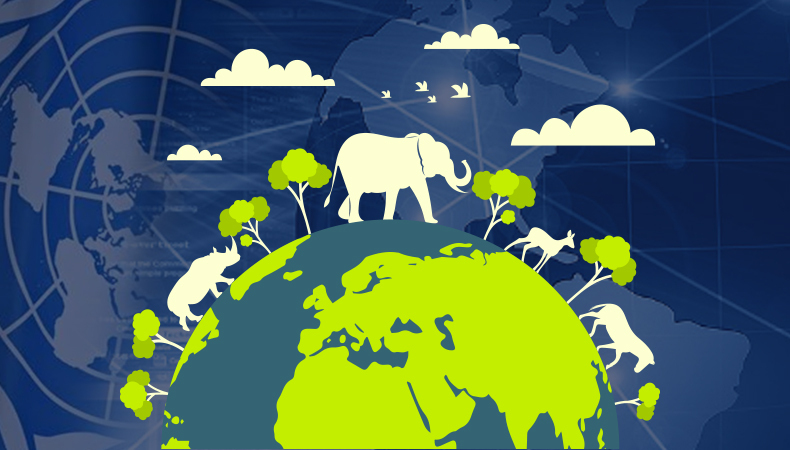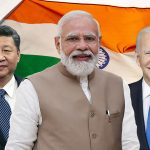Long road lies ahead to create UN biodiversity framework


With significant milestones to be achieved by 2030, the ambitious goal is to create a draft text establishing a global framework to ‘live in harmony with the environment’ by 2050.
When the historic agreement is completed, many people expect that it will have equally as high protection standards for Earth’s life as the Paris Agreement did for climate change. Delegates “achieved consensus on several targets,” according to a CBD closing media statement.
At the concluding news conference, the executive secretary of the CBD, Elizabeth Maruma Mrema, recognized that progress had been “limited.” We cannot afford to fail, she added. Basile van Havre, co-chair of the CBD, stated, “There’s a lot of work—much more than what we imagined. He did, however, add, “That work is achievable.”
Related Posts
According to Brian O’Donnell, director of the Campaign for Nature, “the majority of the time was spent on technical wrangling, with crucial decisions left unresolved and postponed until the COP.”
Engagement, ownership, and rescue of this process by environment ministers and state leaders is now critical. Instead of balancing divergent points of view and improving the language rather than completely redesigning it, delegates in Nairobi spent hours debating formulations or trying to add new components.
On Saturday night, a delegate mentioned feeling “desperate.” Another expressed optimism for additional informal discussions before December and called the Nairobi round “a step.”
Vinod Mathur, the head of India’s National Biodiversity Authority, said, “We need to continue the discourse with the goal to simplify and decrease the brackets (on the contentious subjects) and options.”
One of the two co-chairs of the Kenyan negotiations, Francis Ogwal of Uganda, cautioned that “there has to be a very major shift of thinking in the way we are negotiating” for that to occur.
A global commitment to designate at least 30% of both land and oceans as protected areas by the end of the decade is one of the proposals, along with initiatives to reduce plastic and agricultural pollution.
As a result of intense agriculture eroding the soil and pollution affecting even the most remote regions of the earth, one million species are in danger of going extinct and tropical forests are being destroyed.
“It’s no longer only an ecological problem… It is a problem that increasingly has an impact on our society, economy, health, and welfare “At a news conference, WWF International’s director general, Marco Lambertini, spoke.
Lambertini charged that some nations were employing a “delaying tactic,” singling out Brazil. Argentina and South Africa were also being accused behind the scenes.














